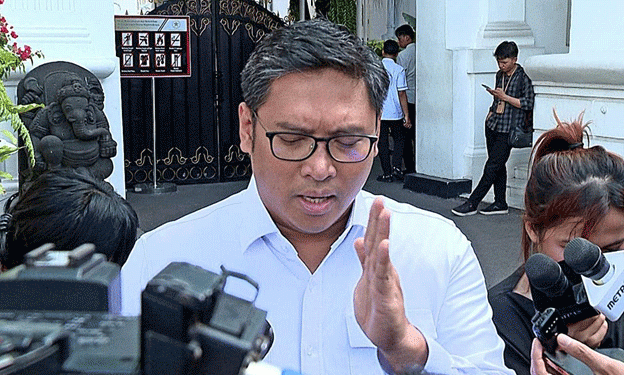Record Rice Surplus Strengthens Indonesia’s Food Resilience
Indonesia has recorded a national rice surplus of 2.8 to 3 million tons as of April 2025. This increase, compared to the previous year, highlights the government’s success in stabilizing rice production and ensuring food security. With neighboring countries like Malaysia, the Philippines, and Japan facing rice shortages, maintaining this surplus is crucial for domestic stability and potential export opportunities.
Key Factors Behind the Rice Surplus
Increased Production: National rice output has reached 30-31 million tons per year, and the government aims for an annual surplus of 5-6 million tons to reduce reliance on imports.
Encouraging Farmers to Replant Quickly: Farmers are urged to immediately replant after each harvest, enabling up to three harvests per year. This practice enhances productivity and ensures a continuous supply of rice.
Strengthening Agricultural Cooperatives: The Koperasi Desa Merah Putih is playing a key role in helping farmers distribute their harvests and access farming supplies at lower costs, making rice farming more efficient and profitable.
Challenges and Global Context
Regional Rice Shortages: While Indonesia enjoys a surplus, other countries in Southeast Asia and beyond are struggling with rice shortages due to climate change, supply chain disruptions, and policy shifts. This puts Indonesia in a strong position to maintain domestic stability and explore export opportunities.
Maintaining Productivity: The government must continue investing in modern irrigation, pest control, and mechanization to sustain high yields and prevent future declines.
Market Stability and Fair Pricing: Ensuring fair rice prices for both farmers and consumers is essential. Government monitoring will prevent price manipulation and support a stable agricultural economy.
Indonesia’s 3-million-ton rice surplus marks a significant achievement in food security and agricultural management. By sustaining high production levels, supporting farmers through cooperatives, and ensuring fair market practices, Indonesia can not only meet domestic demand but also strengthen its role as a potential rice exporter. Long-term investment in farming technology and climate resilience will be key to maintaining this momentum in the future.
Error




